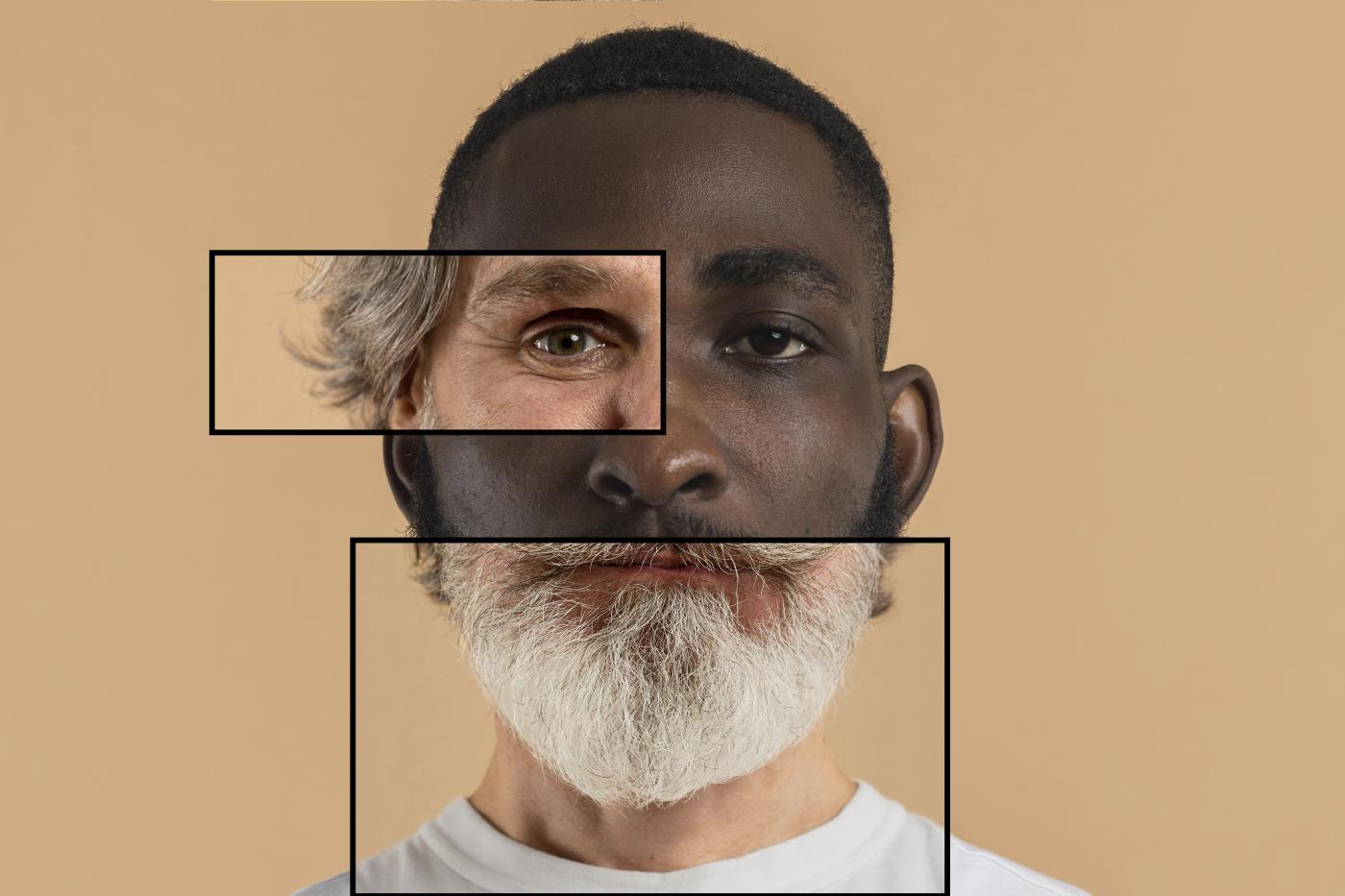A group of researchers has determined that artificial intelligence algorithms that help diagnose rare diseases currently exclude a number of human populations around the world. The research, which has been published in an article published in the prestigious scientific journal Scientific Reports, has had the participation of members of the University of Barcelona (UB), the Center for Research on Congenital Anomalies and Rare Diseases (CIACER) from the ICESI University of Colombia, from the Valle del Lili Foundation from Colombia and from La Salle-URL.
40% of rare diseases present facial alterations that help to establish diagnoses. Artificial intelligence (AI) makes it possible to automate, sophisticate and objectify the diagnosis of these diseases, revealing dysmorphology patterns that are characteristic of each syndrome. The study has shown that most of the algorithms generated by AI are based on databases of populations of European origin and that, therefore, they do not correctly represent the genetic and morphological diversity of populations around the world.
The research is based on the evaluation of facial phenotypes associated with four genetic syndromes —Down syndrome (DS), Morquio syndrome (SM), Noonan syndrome (NS) and neurofibromatosis, type 1 (NF1)— in a Latin American population with individuals of great diversity of miscegenation and genetic ancestry. The study serves to conclude that it is necessary for algorithms generated by AI to incorporate populations of Amerindian, African, Asian and European descent to improve diagnostic methods for rare diseases.
"Developing unbiased predictive models is crucial to assist physicians in decision-making and provide accessible, universal, and effective technology for all human populations," the team notes. The details of the investigation can be seen in this news.
Two researchers from La Salle-URL participate in the study
The research is led by Neus Martínez-Abadías, from the Faculty of Biology of the UB, and has the participation of two researchers from La Salle-URL: Xavier Sevillano and Alejandro González. The study has had a great media impact and has been published in various media. The team of researchers themselves also worked some time ago on a research on facial development in Down syndrome, which was referenced by media around the world.
